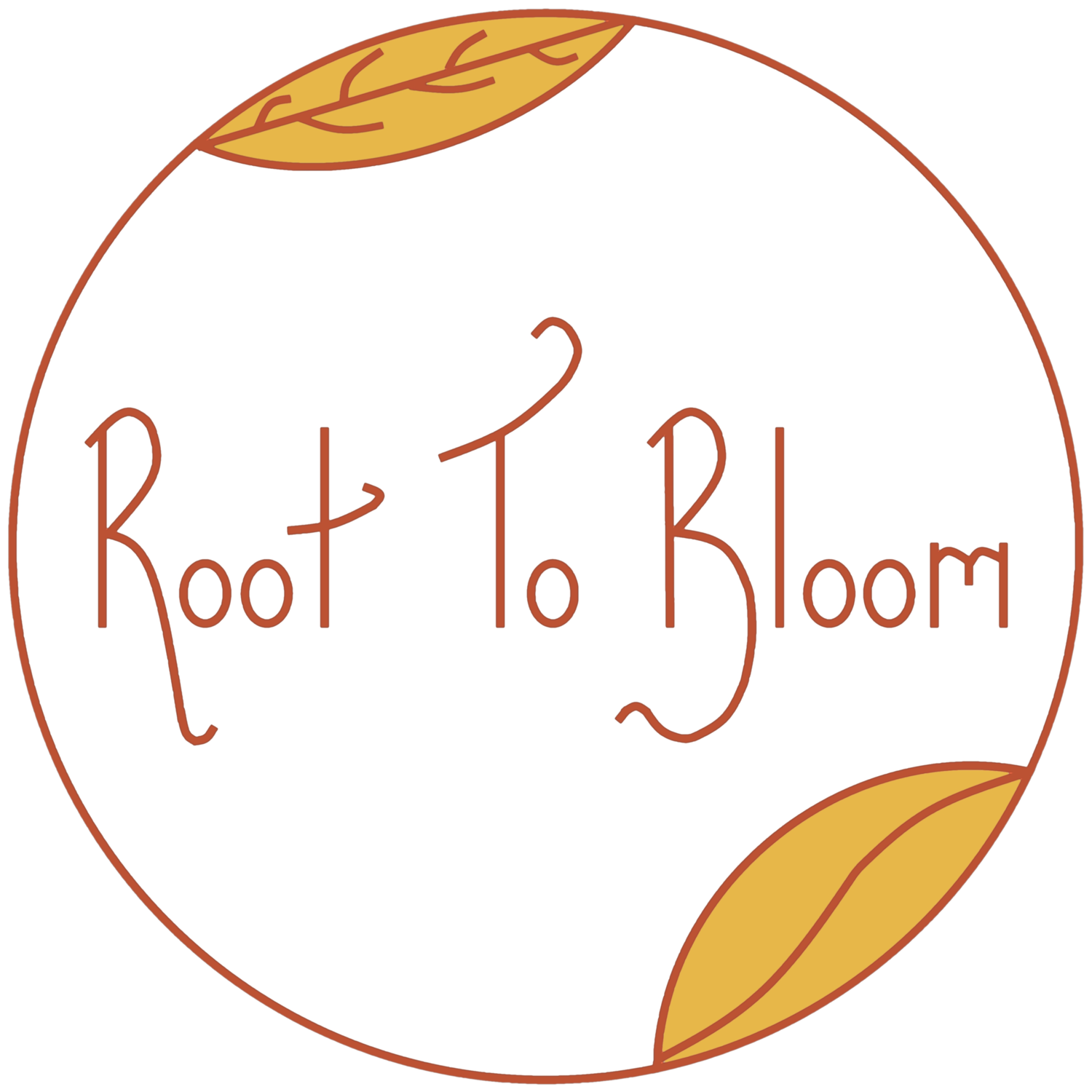The Battle for Creative Freedom: A Journey from Suppression to Self-Expression
For many years, I was a closeted creative. Only recently did I 'come out'. When my creative healing began, inner resistance started growing. Most days it morphs into a nameless, faceless saboteur, hellbent on leaving me hopeless. My creative practice brings more self-doubt, procrastination, and fear than I anticipated. As I grow accustomed to the self-loathing thoughts that hit whenever I create, I’m starting to grasp how profound this resistance is. With bravery the size of a mustard seed, and equipped with: "The War of Art” by Steven Pressfield, I have started to examine this powerful resistance, coming to realize that my lifelong struggle with creativity has been, at its core, a struggle with freedom.
I moved to Canada at four years old after my family sought asylum from the civil war between Ethiopia and Eritrea. War heavily colored my family’s history. It took the lives of many of my uncles in their teenage years and imprisoned both my parents and their siblings in concentration camps. They were charged with so-called "anti-revolutionary" crimes for reading various texts. The government used these broad, vague charges to suppress dissent, control information, and maintain power—essentially imprisoning them for freedom of thought. Remarkably, my parents met in these brutal conditions. From there, they wholeheartedly pursued freedom for our family.
The trauma of war, oppression, and mental illness cast a long shadow over my family life. My parents' sensibilities were deeply scarred by their past, and they both revered and feared freedom. As a result, I grew up on a tight leash. My mother, a single parent, was acutely afraid that pursuing creativity would ruin my life, so I was forbidden from taking art in high school. To her, high school art classes were too close to taking art seriously to be acceptable. Her fear, common among immigrants, was that I might end up a starving artist, trapped in a cycle of poverty, and failing to make good use of the hard-fought freedom we had gained in this new country.
This was a personal tragedy for me. Art had been my lifelong companion up until that point, and now, at 13 years old —art was no longer even an option. In a twist of irony that only real life could conjure, my parents, once imprisoned for their freedom of thought, now imposed similar restrictions on me, stripping away my freedom to think and create for myself. Besides heartbroken, I was confused, wasn’t I free, was this freedom?
Before long, stifling my creativity became the least of my problems. By suppressing the intuition that nudged me toward creativity, I became conditioned to view any positive instinct as a threat. This seeded perpetual self-doubt, often triggered by feeling good about something. If I couldn’t trust my creative instincts, I couldn’t trust any of my instincts. I now realize that instincts are a lot like emotions—it’s a zero-sum game; if you block off some, you end up second guessing them all.
Internalizing my parents' fear that one wrong move could ruin my life, the pressure to follow the ‘right’ path became our collective obsession and my personal dread. To my young mind and body, this meant immense pressure to be the ‘right’ person and make the ‘right’ moves—and I believed it was ‘right’ if it felt wrong. In retrospect, this was madness.
They say perfection is the enemy of progress, but for me, it was the enemy of peace. Haunted by the prospect that any deviation from the "right" path would result in existential failure, I became a ball of anxiety—afraid of my own shadow, outwardly confident yet inwardly constantly wrestling with defining right and wrong, suppressing instincts, and trying to exercise while simultaneously relinquishing the confusing gift and threat of freedom.
Living in a world of rigid right and wrong meant the stakes were high. Lacking self-esteem and self-trust, I began crowdsourcing all my decision-making. Perfection suddenly became the price of freedom. The prospect of making mistakes, learning from them, course-correcting, trying, failing, receiving unconditional support, and embracing authenticity were foreign concepts—ideals for the privileged. For my family and me, freedom had been hard to come by, and exercising any form of freedom, especially creative freedom, was a defiant act of frivolity not afforded to poor immigrants like us.
It took nearly a lifetime trapped in the creative closet, 15 years in the corporate world, and a global pandemic before I finally decided to take creativity seriously. Since then, I’ve increasingly reckoned with the fact that while being creative is freeing, being free is hard. As the eldest child in an immigrant household, a recovering people-pleaser, and a 15-year corporate veteran, I was the epitome of obedience. For me, being free is the ultimate rebellion. Creativity is its fruit.
By the grace of the ever-present and unwelcome creative resistance that stalks me, I’m beginning to see that creativity, in its embryonic state, is freedom. To activate this freedom, I must engage in the daily discipline of battling resistance. Creativity without discipline is mere potential, and freedom without discipline is chaos. Resistance tries to distance me from my birthright to create, and evolve, demanding that I constantly affirm and believe not only that I deserve freedom, but indeed, that I am already free.


